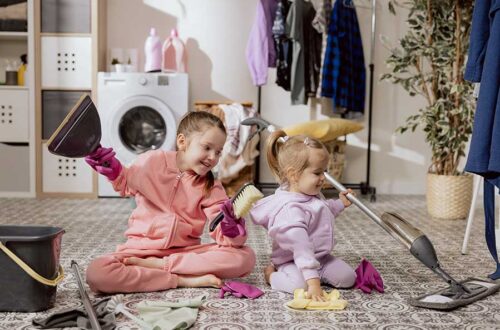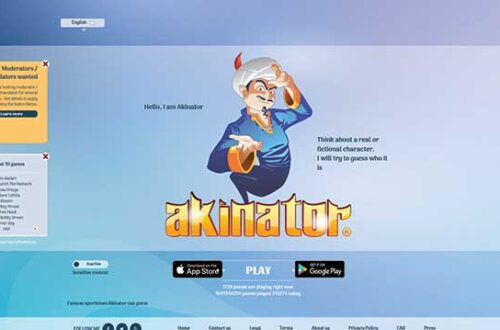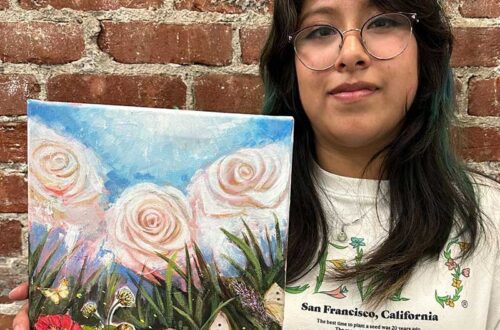
Sierra Ryan: Saving Water for Our Children’s Future
Suki Wessling

’m lucky that I feel like some of the work that I do is really for her, so sometimes when I feel like, ‘Oh, I’m working again,’ [I tell myself] I’m doing it for Faye and for her future here.
“You need a bit of a reminder on the rough days,” admits Sierra Ryan, Water Resources Manager for the County and mom to 3-year-old Faye, about being a full-time working mom. “Like, why are you doing this? How does this fit into your life?”
Like many working moms, Sierra has to balance her commitment to her career with her commitment to her child. Sierra found her career as soon as she stepped into her UCSB environmental studies class. She went to University of Edinburgh for grad school, but Santa Cruz was still the home she planned to return to.
She is knowledgeable and enthusiastic about the County’s water system.
“Groundwater sustainability is the next generation of water management that we’re moving towards in California,” Sierra explains. “We are completely isolated in terms of our water—all of our water sources are locally derived so it’s important for us to be very connected to our water supply.”
Having a head full of gnarly environmental concerns is balanced with a fascination for and admiration of her child.
“I’m just blown away now that she’s able to speak so well,” Sierra explains. “The way she can articulate the inner workings of a three-and-a-half year old brain. They think so differently than we do, so much less linear. She draws connections between different parts of her life that I don’t see as connected.”
Sierra enrolled Faye in research at the Child Development Lab at UCSC as a baby, and she recounts a recent visit with amusement and awe. The researchers showed Faye pictures of different things and asked the same questions: Is it alive? Does it have feelings like you do? The first photo was of an animal.
“She said yes and I was so proud!” Sierra recalls. “It’s like, yeah, she’s got this empathy. Then they showed her a robot and she responded the same, like yes, this robot, it’s alive and has feelings like me.”
In Faye’s magical three-year-old world, even an electric razor is alive and has feelings.
“I was so delighted that I got to be in the room to hear her thoughts on life.”
Given her career in a field that focuses on the damage humans have done and the dire consequences for the future, Sierra says that it’s hard not to feel negative. But she has come upon a way to teach her child with a focus on her family history. The Santa Cruz she loves is very different from the one her grandparents found in 1919, and perhaps they might even be horrified at what it’s become.
“But change has always happened in the world,” Sierra says. “There used to be dinosaurs here and now they’re not. It’s hard to explain that things are changing and to try to say it in a way that’s not as bleak as we might feel that it is.”
It’s her child’s optimism and wonder that keeps reminding her that she has a bigger purpose.
“I’m lucky that I feel like some of the work that I do is really for her, so sometimes when I feel like, ‘Oh, I’m working again,’ [I tell myself] I’m doing it for Faye and for her future here.”
Sierra says that she hasn’t found “the secret sauce” that gives her a comfortable work/life balance, but when she looks around her office, she remembers.
“You look at the terrible paintings that you have all over your office which your three-year-old told you were of a worm and a ladybug,” she laughs.
“OK, well, that’s why I’m doing this.”
Related: Take a look at our April issue for games and books you can use to help your children understand our water system.








